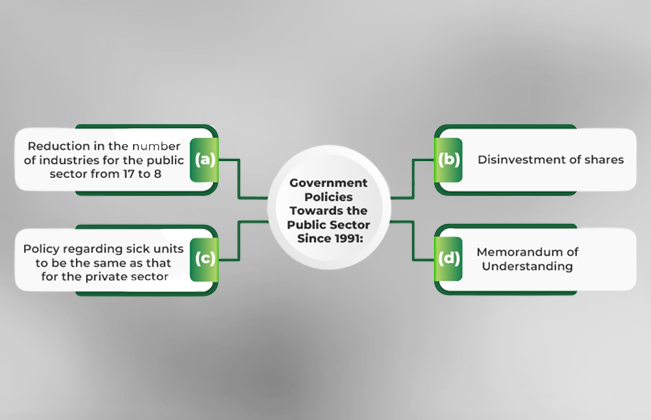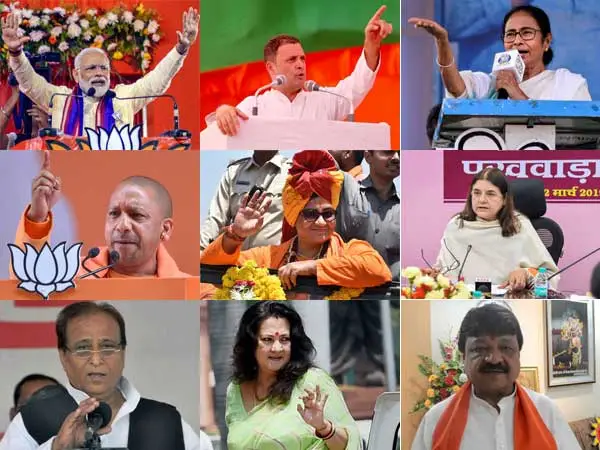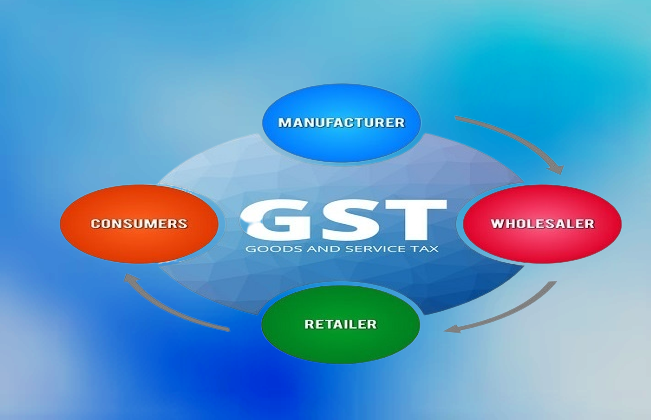India is a country with a rich cultural heritage and a diverse population. Over the years, the Indian government has implemented various policies to address the needs and concerns of its citizens. In this article, we will discuss some of the most important government policies in India.
- National Rural Employment Guarantee Act (NREGA): This policy was implemented in 2005 and aims to provide employment to people in rural areas. Under this scheme, a person who is unemployed in a rural area can demand employment from the government, and the government is required to provide work within 15 days. The scheme guarantees 100 days of employment in a year to each household.
- Swachh Bharat Abhiyan: Launched in 2014, this scheme aims to make India clean and free from open defecation. The government has constructed millions of toilets across the country and launched various campaigns to raise awareness about cleanliness and hygiene.
- Jan Dhan Yojana: This scheme was launched in 2014 to provide financial inclusion to every citizen of India. Under this scheme, every household is provided with a bank account, a RuPay debit card, and life insurance cover of Rs. 30,000.
- Pradhan Mantri Fasal Bima Yojana: This scheme aims to provide insurance coverage to farmers for any loss of crops due to natural calamities, pests, or diseases. The scheme was launched in 2016 and covers more than 50% of the total cropped area in the country.
- Pradhan Mantri Awas Yojana: This scheme aims to provide affordable housing to the urban poor. The scheme was launched in 2015 and aims to construct more than 20 million houses by 2022.
- Ayushman Bharat Yojana: This scheme was launched in 2018 and aims to provide healthcare coverage to over 100 million families in the country. Under this scheme, each family is provided with health insurance coverage of up to Rs. 5 lakh per year.
- Digital India: Launched in 2015, this scheme aims to transform India into a digitally empowered society and knowledge economy. The government has launched various initiatives under this scheme, including the provision of free Wi-Fi in public places, the launch of digital payment systems, and the promotion of e-governance.
- Skill India: This scheme aims to provide skill training to the youth of India and make them employable. The scheme was launched in 2015 and aims to train over 400 million people by 2022.
- Make in India: Launched in 2014, this scheme aims to boost the manufacturing sector in India and make it a global hub for manufacturing. The government has provided various incentives to promote the manufacturing sector and attract foreign investment.
- Beti Bachao, Beti Padhao: This scheme was launched in 2015 to address the issue of declining female child ratio in the country. The scheme aims to promote the education of girl children and empower them.
- Ujjwala Yojana: This scheme was launched in 2016 to provide clean cooking fuel to households below the poverty line. Under this scheme, each household is provided with a free LPG connection, and the government also provides financial assistance for the purchase of a gas stove and cylinder.
- Startup India: This scheme aims to promote entrepreneurship and create a favorable environment for startups in the country. The government has launched various initiatives under this scheme, including the provision of funding, tax exemptions, and other incentives for startups.
![]()





